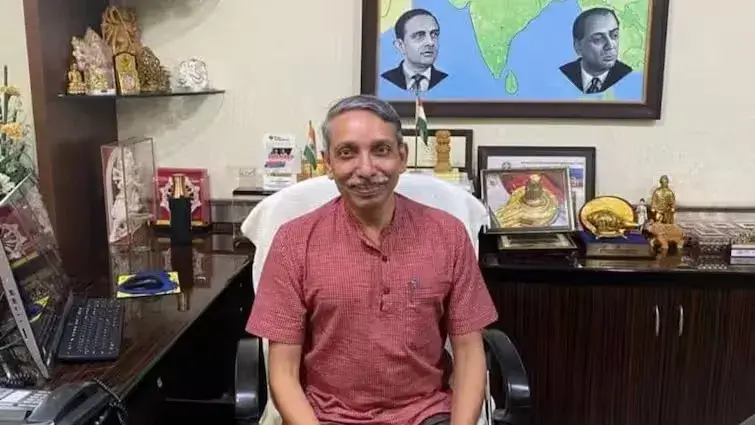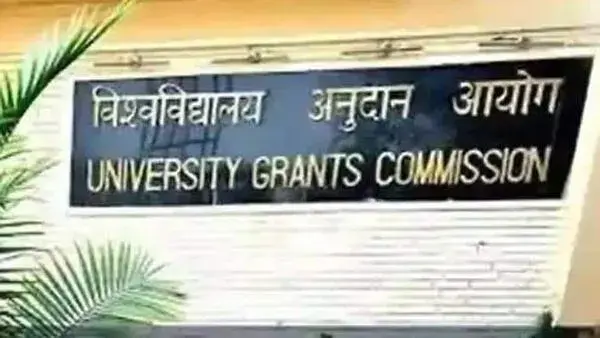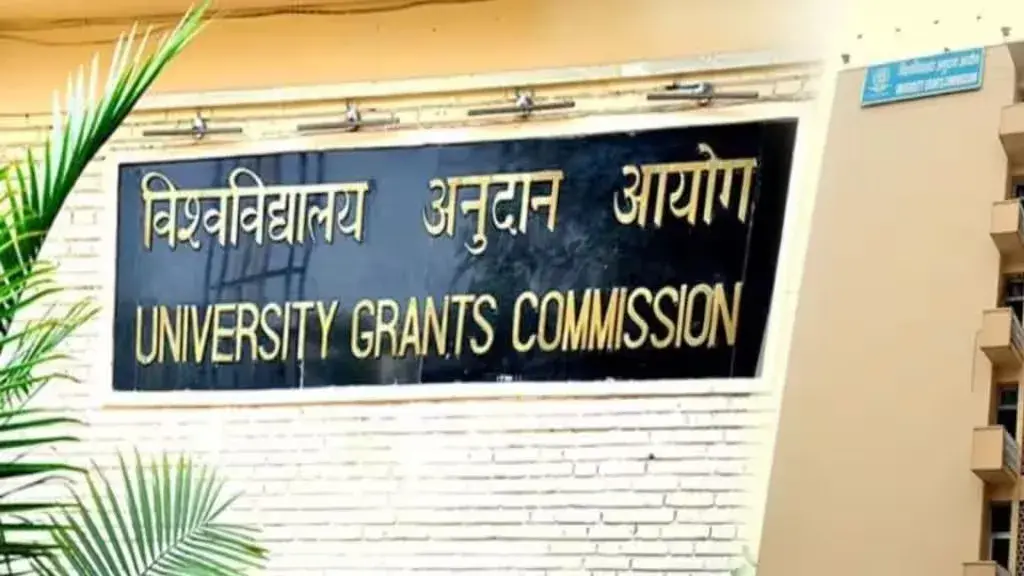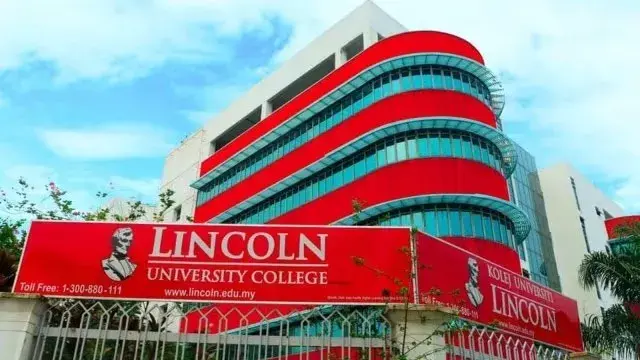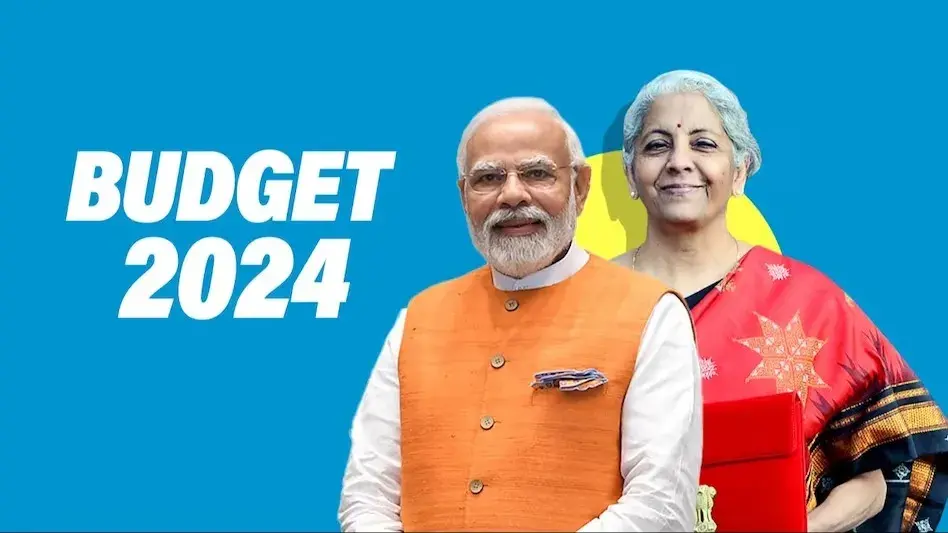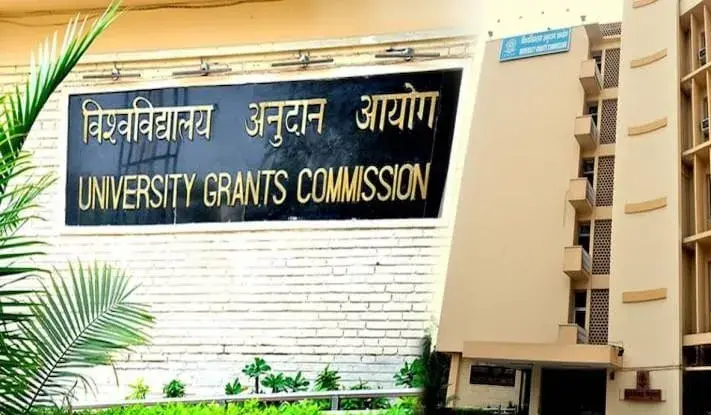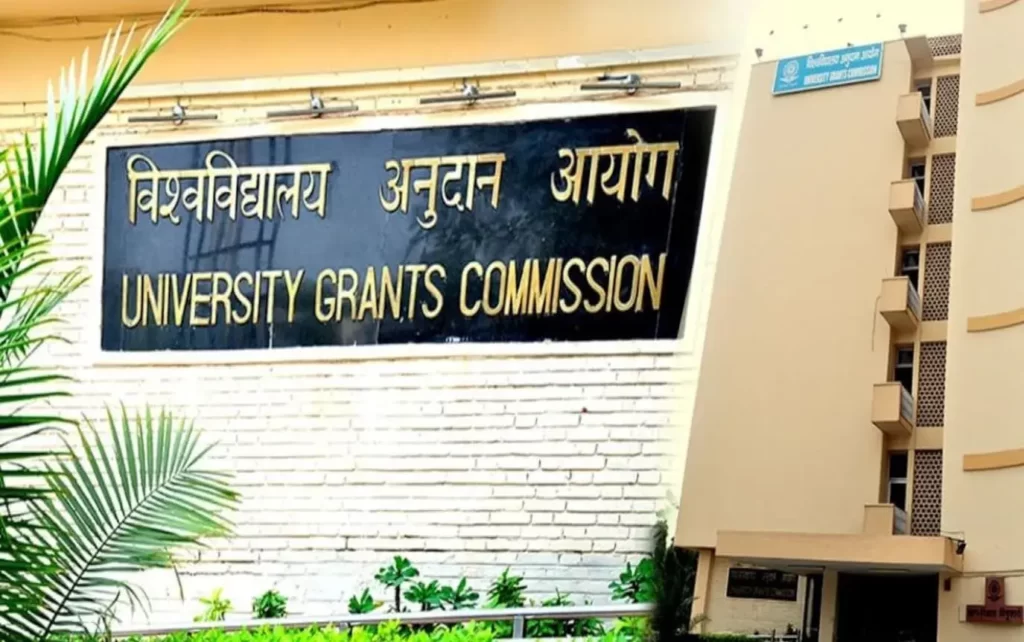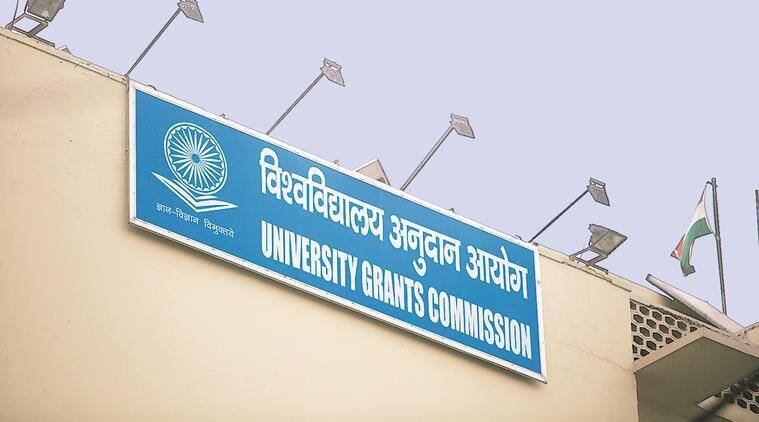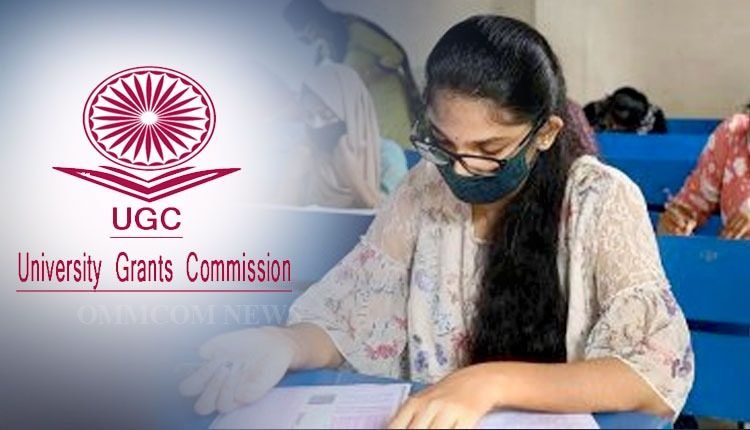Universities Can Now Take Admissions Twice A Year: UGC Chairman
Indian universities and higher education institutions (HEIs) will now be allowed to conduct admissions twice a year, akin to foreign universities, announced UGC chief Jagadesh Kumar. The two admission cycles will be scheduled for July-August and January-February, starting from the 2024-25 academic session, according to a report by news agency PTI. “If Indian universities can offer admission twice a year, it will benefit many students such as those who missed admission to a university in the July-August session due to a delay in the announcement of board results, health issues, or personal reasons,” Kumar told PTI. “Biannual university admissions will help students maintain motivation since they do not have to wait one full year to be admitted if they miss admission in the current cycle. With biannual admissions in place, industries can also do their campus recruitment twice a year, improving employment opportunities for the graduates,” he added. The UGC chief elaborated that biannual admissions will facilitate higher education institutes (HEIs) in better planning their resource allocation, including faculty, labs, classrooms, and support services. This streamlined approach is expected to enhance the operational efficiency of universities. “Universities worldwide already follow a biannual admission system. If Indian HEIs adopt the biannual admission cycle, our HEIs can enhance their international collaborations and student exchanges. As a result, our global competitiveness will improve, and we will align with the global educational standards,” Kumar said. “If HEIs adopt biannual admissions, they need to work on administrative intricacies, good planning for increased use of available resources, and providing seamless support systems for the smooth transition of students admitted at dissimilar times of the year. HEIs can maximize the usefulness of biannual admissions only when they sufficiently prepare faculty members, staff, and students for the transition,” he added. Kumar, however, clarified that offering biannual admissions will not be mandatory for universities. HEIs with the necessary infrastructure and teaching faculty can choose to utilize this opportunity at their discretion. “Offering biannual admissions will not be mandatory for the HEIs, it is the flexibility that UGC provides to the HEIs which want to increase their student intake and offer new programs in emerging areas. To be able to admit students twice a year, HEIs must make suitable amendments to their institutional regulations,” he said.

